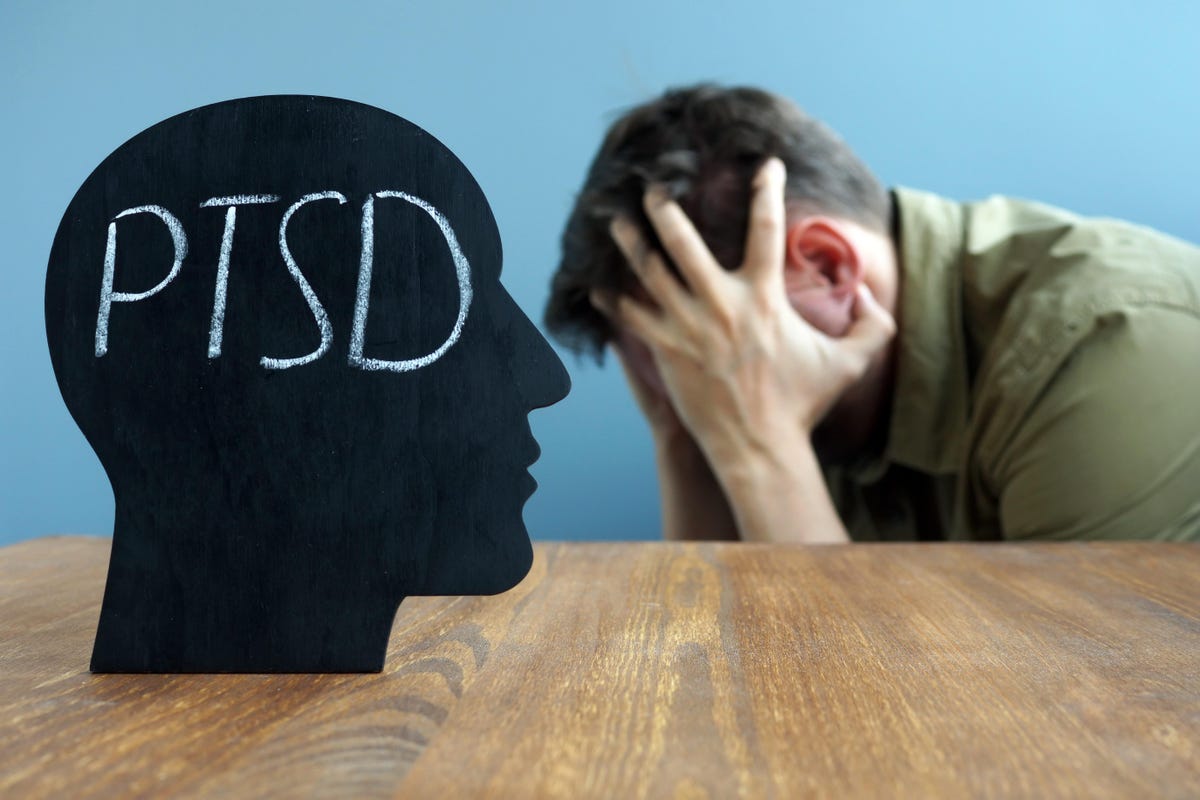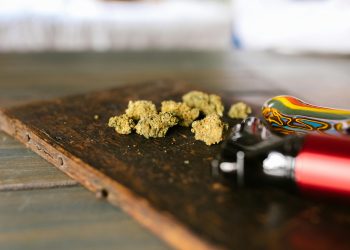Post-Traumatic Stress Disorder or PTSD is a mental disorder. It may develop in individuals who have experienced traumatic life events — natural disasters, unnatural death of loved one, accident, military combat in war zones; physical, sexual, mental assault, and so on. [1]
In the U.S.A. alone about 8 million people have PTSD. A clinical survey indicates that women are more affected by PTSD than men and 37% of Americans develop severe PTSD symptoms. [2]
Getting timely support may help you get through the normal stress reactions fast and prevent the development of PTSD.
There are professional help, coaching, therapies, treatments, and lifestyle habits that can help you recover from PTSD symptoms quickly. [1]
Read on to learn the symptoms, risk factors, and treatment options for PTSD, plus where to get help to deal with the mental disorder as soon as possible.
Symptoms of PTSD
PTSD symptoms usually appear within the first three months of the traumatic event.
However, for some, it may take years to develop the symptoms.
Only when the symptoms persist for more than a month and become severe enough to interfere with every day relationships and work, these are diagnosed as PTSD.
Proper psychological treatments and therapies can help you recover from PTSD in six months. But if the symptoms are chronic, the recovery time may be more. [3]
A potential PTSD patient may experience the following symptoms:
- Re-experiencing the traumatic events through flashbacks, bad dreams, and negative and scary thoughts. To have a fast-paced heart and sweat heavily while re-experiencing the trauma.
- You are avoiding the places, objects, incidents, people, thoughts, and feelings that are related to traumatic events.
- To be afraid and frightened easily, to lose temper all of a sudden, and to feel at the edge all the time.
- The symptoms may affect mood and cognition too. The person may forget the important details of the traumatic event.
- Losing interest in relationships and life in general.
- Having a feeling of guilt, and self-blame.
- Distorted self-image, negative view of the world, and suicidal thoughts.
Risk Factors for PTSD
The National Center for PTSD suggests that about 8% of people are affected by PTSD symptoms after some tragic, traumatic life event. It is not easy to determine how one will respond to some trauma. But certain factors may increase the chances of developing the symptoms. [4]
- Women are more prone to developing symptoms.
- Family history or genes may contribute to PTSD risk.
- Experiencing traumatic and dangerous incidents early in life.
- Childhood history of sexual abuse, molestation, and physical hurt
- Witnessing physical torture of other people, deaths, etc.
- Drug abuse and other mental disorders.
Treatments and Therapies for PTSD
Treatments for PTSD include medications and different psychological therapies. Each PTSD patient has a different response to the traumatic incidents in life so do their treatment methods and duration. [5]
In case the patient is dealing with some ongoing stress situation, e.g. abusive partner, drug addiction, etc. these problems are to be addressed as well in along with PTSD treatment.
Medications: psychiatrists and doctors generally prescribe antidepressant medications to relieve the symptoms of PTSD. Sometimes the drugs can accompany the regular psychotherapy sessions. A doctor has to diagnose well the patient’s PTSD symptoms to prescribe the best medication and dosage. Regular antidepressants for PTSD can help with calming down anger, negative feelings, sadness, and anxiety, and improve sleep quality. [5]
Psychotherapy or Talk Therapies: Psychotherapy or talk therapy is talking to a professional psychotherapist regularly to get help with a mental disorder. Research suggests that professional help from a psychotherapist can effectively treat PTSD. Talk therapies can help a PTSD patient in some ways — teaching the skills of changing reaction to the trauma, controlling anger, relaxation techniques, self-help tips of better sleep, diet, lifestyle, and most importantly to accept, identify, and deal with one’s negative experiences. [6]
Cognitive-Behavioral Therapy or CBT: this therapy happens at two levels — exposure therapy and cognitive restructuring.
The patient is exposed to the traumatic events and feelings associated with them. The patient visits the place of the incident, remembers or reflects on the experience, etc. This way the patients begin to accept and deal with the negative feelings. [7]
In cognitive restructuring therapy, the patients are helped to give a positive, better, and real meaning to the bad experience. Most of the time PTSD patients dwell in self-loathing, guilt, and shame for what is not their fault.
The psychotherapist can help the patients restructure the narrative of the trauma incident and see it in a positive light. [7]
Where to Seek Professional Help
There are much mental health clinics, psychiatric hospitals, support and counseling centers to seek help for PTSD recovery. It is always better to see a mental health professional who is specialized in PTSD and trauma treatment.
Endeavour Wellness has been offering professional help for years — psychological support, coaching, training, etc. to help people deal with mental health. Their highly trained and specialized group of psychiatrists can confidently cater to various psychological concerns of the patients. The patients are helped with the utmost care, respect, and privacy. Endeavour Wellness psychiatrists have experience in treating PTSD patients and offering them a quality life.
Bottom Line
It’s always hard to deal with life-threatening experiences of life — war zone combat, the death of a close family member, tragic accident, natural disaster, etc. Some people may get over the initial traumatic reactions soon while others may not recover from these easily.
They may experience long-term negative responses to these traumatic events.
Medically the symptoms or persisting traumatic responses are diagnosed as PTSD or Post-Traumatic Stress Disorder. These include — being easily frightened, difficulty sleeping, nightmares, flashbacks of the traumatic events, suicidal thoughts, etc.
Proper medications, therapies, and professional psychiatric help from different support groups such as Endeavour Wellness may help you treat PTSD symptoms quickly.
Read Next: Essential Oils for OCD: Do They Really Work?





